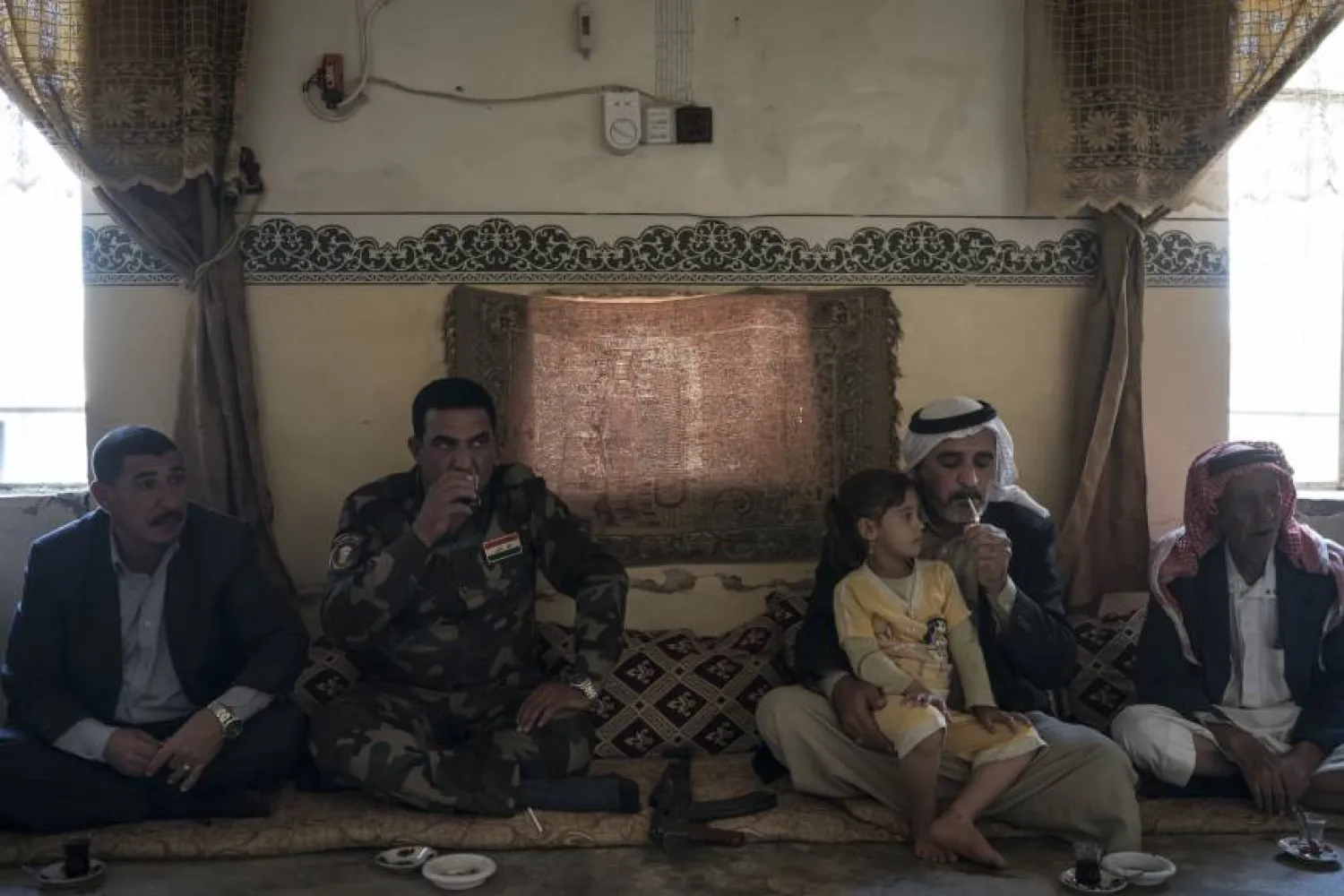In 2014, Abdulrahman Saad was taken from his home in Mosul by ISIS, leaving his family in limbo.
They asked ISIS security offices about where he could possibly be. When the operation to retake Mosul began, they heard he was being held in the western part of the city, with hundreds of other prisoners. But when the area was liberated, they found no trace of Saad, the 59-year-old owner of a wholesale food store.
“Life without my father is difficult,” says his son, Rami. Without him, the Saads struggle to get by, and his wife whines for her spouse.
In their misery, they have company. Since Mosul was declared liberated in July, residents have submitted more than 3,000 missing-persons reports to Nineveh’s provincial council, according to council member Ali Khoudier. Most of them are men or teenage boys. Some were arrested by ISIS during the group’s extremist rule; others were detained by Iraqi forces on suspicion of extremist ties.
Regardless, Iraqi government bureaucracy, inefficiency and neglect have left thousands of families across Iraq hanging as the country’s leadership celebrates the defeat of ISIS.
In a small garden outside of a Mosul courthouse, dozens wait to hear if investigators have news of their missing relatives. They cling to thick files of papers: identity documents, official forms, family photos and missing person advertisements from a local paper. It is unlikely they will hear good news.
“It will be years before these people know what exactly happened to their relatives,” said an investigator, as anxious relatives tapped on the windows behind his desk and hovered at his office door.
The investigator, who spoke on condition of anonymity, said the Iraqi government doesn’t have enough forensic experts to exhume the dozens of mass graves discovered as territory has been retaken from ISIS. And the country’s judicial system isn’t equipped to efficiently process the thousands of detainees scooped up by security forces.
Some 20,000 people are being held at detention centers across Iraq on suspicion of ties to ISIS, according to a report from Human Rights Watch this month.
In Anbar province, where victory was declared in the cities of Ramadi and Fallujah more than a year ago, more than 2,900 people remain missing, according to Mohammed Karbouli, a member of Iraq’s parliamentary committee on defense and security from Anbar.
He said those missing from Anbar are becoming a symbol of the lack of trust between Anbar’s mostly Sunni residents and the Shiite-dominated central government in Baghdad.
When parents don’t know the fate of their children, he warned, “tensions emerge.”
Just south of Mosul, an unthinkable number of Iraqis are believed to be buried in a natural sinkhole that became one of the ISIS most infamous mass graves. Some Iraqi officials estimate as many as 4,000 people were tossed into the cavernous, natural crevasse in the barren desert on the road linking Mosul to Baghdad— some already dead, others still living and buried alive.
ISIS “would bring them and make them get out (of the car) and line up at the edge of the hole,” said Mohammed Younis, a resident of the area, recounting the weeks and months leading up to the fight for Mosul. “They would line them up and then they would execute them. And the bodies would all fall into the hole.”
An AP investigation has found at least 133 mass graves left behind by the defeated extremists, and only a handful have been exhumed. Many of the missing — especially the thousands of Yazidis unaccounted for since ISIS slaughtered and enslaved the minority — may ultimately be buried there. Estimates total between 11,000 and 13,000 bodies in the graves, according to the AP tally.









